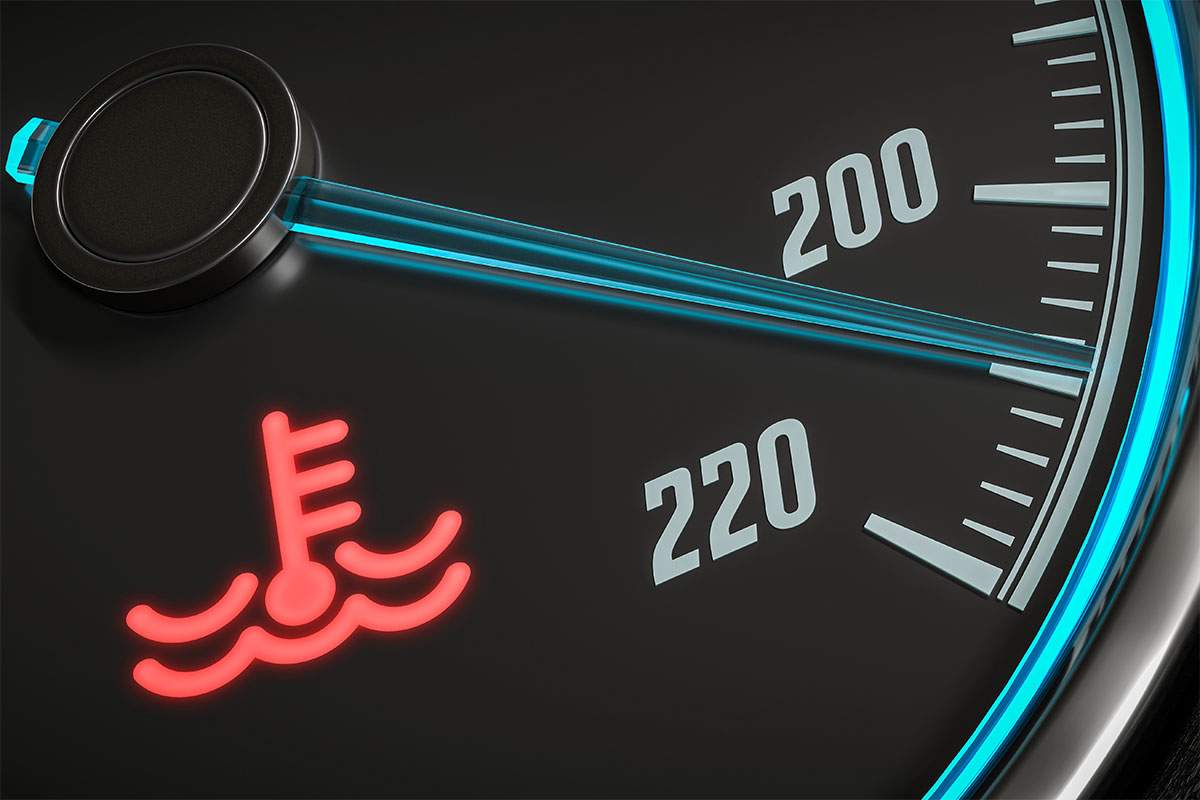Sleep! What a beautiful activity that beckons to the tired and weary after a long and strenuous day on the job. If you are in the vicinity of your warm and comfortable bed, get on with it. However, if you are driving, then sleeping is not a good idea as this could be a life-threatening or even deadly act.
Driving is an activity that needs to engage all your faculties, and concentration is essential to ensure that you arrive safely at your destination. If you are sleep-deprived, then you are susceptible to falling asleep while driving. Research shows that motorists have been involved in road accidents as a result of to falling asleep at the wheel. You need to be aware that driving is not an independent activity; your driving could help to save someone’s life or harm them.
Falling asleep at the wheel is a disaster that you do not want to be a part of. This dangerous activity can cause serious problems that may affect your life, your family, and the lives of others forever.
Reasons for Driving While Sleep Deprived
There are many reasons why someone may fall asleep while driving. Some of these reasons are:
- Extreme fatigue as a result of long hours without sleep
- Putting in extra hours at work or staying up all night with a sick relative
- Taking certain medications that can cause someone to become drowsy and lose control while driving
- Driving heavy units such as trucks for long periods without breaks to earn extra income
- Having a sleep disorder that can cause someone to fall asleep at the wheel because they hardly get sufficient sleep
While there might be a logical explanation for sleep deprivation, one should always be aware of the dangers involved if you have to drive. Always take steps to reduce the possibility of falling asleep at the wheel.
Signs of Sleep Deprivation
Some signs to look out for as a result of sleep deprivation are:
- Difficulty in keeping the eyes opened
- Continuous yawning
- Drifting across lanes
- Driving past exit lanes
- Lack of alertness
- Tailgating
Effects of Driving Without Sleep
- Motorists who drive while sleepy can sustain serious injuries in an accident, harm other road users, or even lose their lives.
- Accidents that occur as a result of being sleep deprived put additional strain on healthcare systems and medical personnel.
- These accidents can cause unexpected financial strain on families, especially if there is no health insurance.
- These accidents can cause traffic pile up on highways which adversely affect other road users.
- The recovery time needed for injuries to heal can lead to a reduction in earnings as hours are lost.
- Causing harm to other persons can result in emotional trauma and guilt.
Steps to Take if You Feel Sleepy While Driving
Since anyone can experience fatigue while driving, paying attention to your body and knowing your limitations is crucial. To avoid falling asleep while you are on the road, consider these measures:
When Possible, Travel with a Driving Partner
Having a companion while driving long distances will help you to stay alert. You can also share the driving which will help to reduce tiredness. A conversation will certainly help you to stay awake.
Find a Safe and Well-Lit Location to Pull Over
Once you start feeling drowsy, it is best and safer to find a safe location and pull over, especially at night. You can refresh yourself at a rest stop or get a few minutes of sleep before continuing your journey.
Turn Up the Air Conditioning in Your Vehicle
If the air becomes too warm in your vehicle, this can lull you into sleep. Turning up the air conditioning will help you to be more alert.
If You Have Just Completed a Late Shift, Get Some Sleep Before Driving
Usually, when you complete a long shift, the focus is on getting home as soon as possible. Depending on how far you have to travel, it may be wiser to get some sleep at your worksite before starting out, as even 30 minutes can help to reduce fatigue.
Avoid Taking Medication That Will Cause Sleep If You Have to Drive
Some medications should not be taken while driving, as lucidity and alertness can be severely affected. Get someone else to drive, arrange carpooling or consider alternative means of transportation if you have to travel.
Closing Thoughts
Driving while you are sleep deprived is a dangerous practice and should be avoided at all costs. Loss of life and property, stress on families, and permanent disability are all likely results of driving without sufficient sleep. Just taking a few moments to assess your situation and making simple adjustments could save your life, property, and the lives of other road users.



